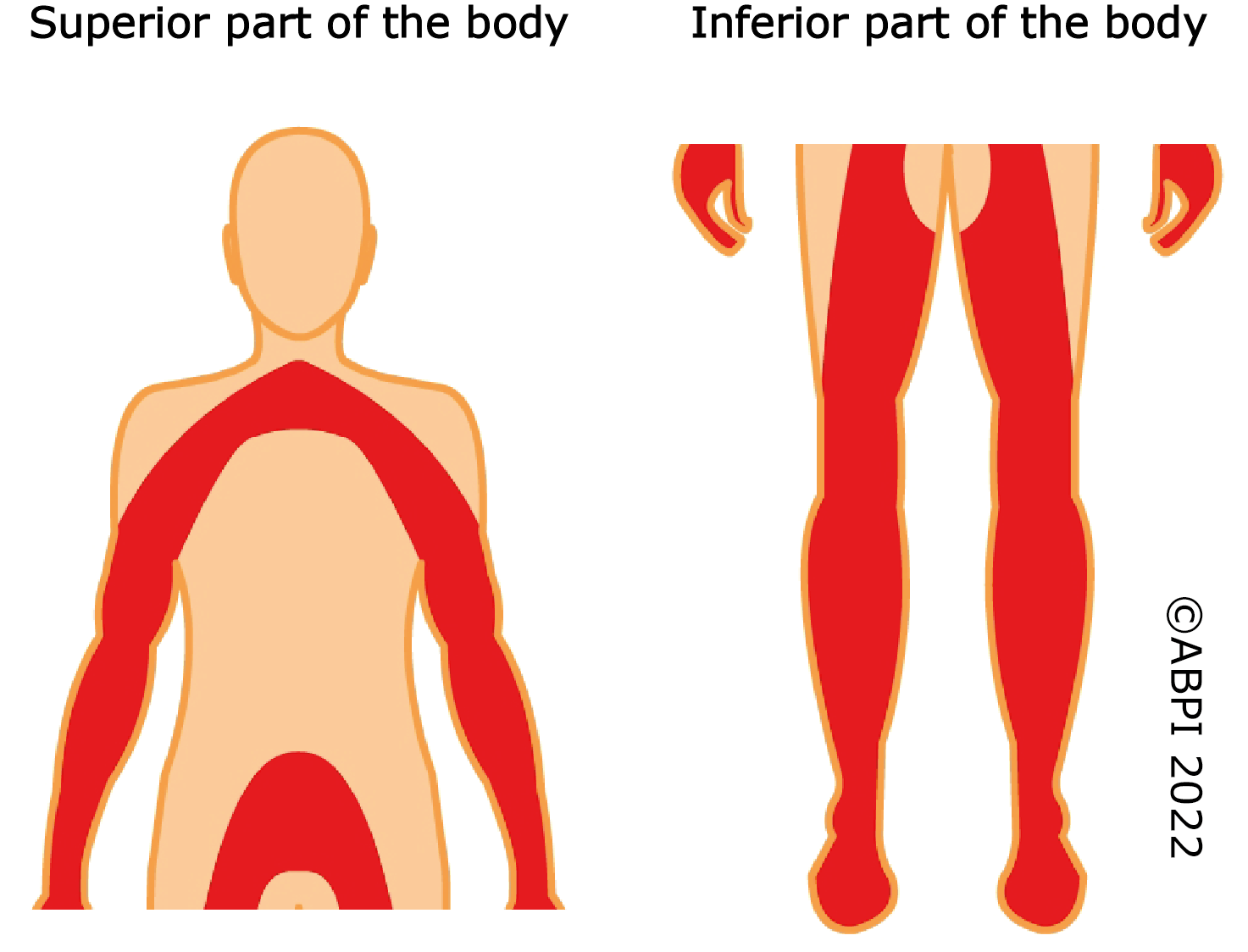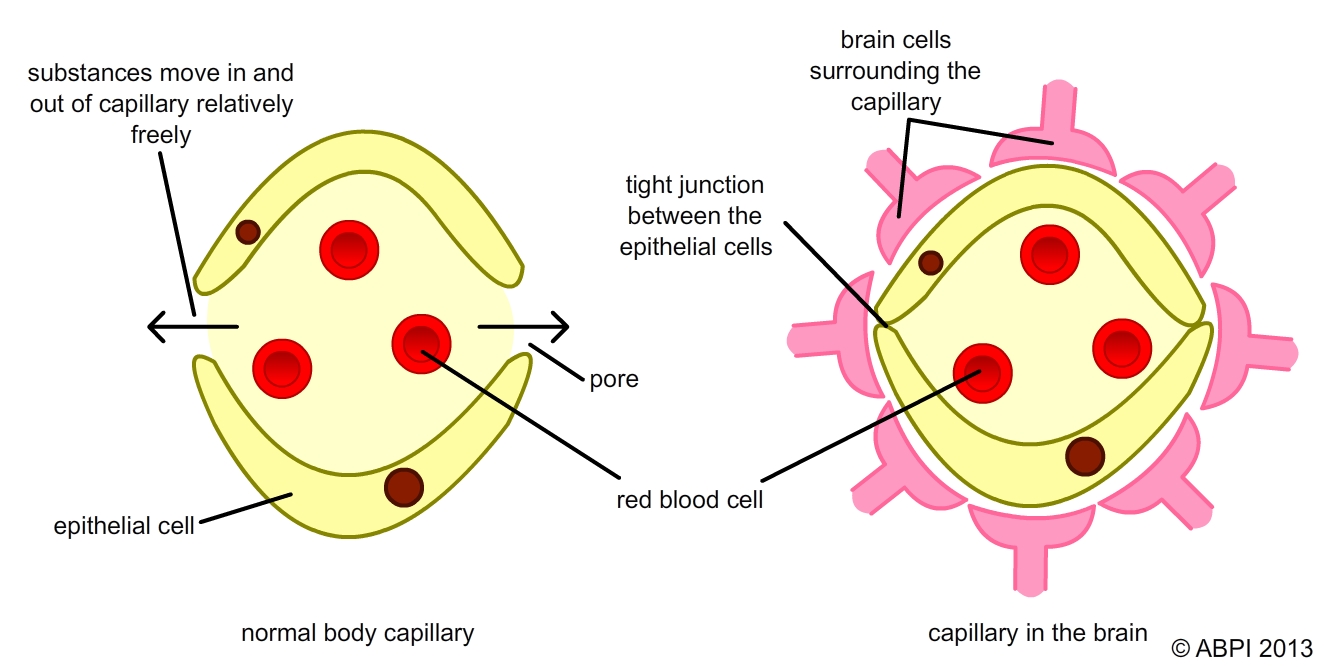This topic takes on average 55 minutes to read.
There are a number of interactive features in this resource:
 Biology
Biology
The brain, spinal cord and peripheral nervous system coordinate and control your body. When they are working well you won’t even notice them. But if something goes wrong with your nervous system the results can be very serious indeed. What’s more, damage and disease in the nervous system can be very difficult to treat.
The peripheral nervous system is vital for carrying information from your sensory receptors to the CNS and from the CNS to your muscles and glands. If you develop problems with these nerves, it can cause serious problems. For example, if you lose the sensation of touch and temperature in the skin of your fingers or feet, you may do real damage to yourself without being aware of it at all.
Damage to the peripheral nervous system is known as peripheral neuropathy. The symptoms of neuropathy range from slight numbness or tingling to severe pain or complete insensitivity of an area of the body to pain or temperature. One of the most common causes of peripheral neuropathy is diabetes, but it can result from many other diseases too.


The spinal cord is the main route for impulses from the body to the brain and from the brain to the effector organs. The spinal cord is protected by the vertebrae which form a protective bony tunnel for the nerves. However if the spinal cord is damaged it can prevent sensory information reaching the brain and prevent motor impulses from reaching the muscles and making movement possible. This can cause a loss of sensation, paralysis or both depending on the level of damage to the spinal cord.
The place where the damage occurs affects whether the person will lose the use of their legs or their legs and arms. Even automatic responses such as the control of the bladder, bowel or even breathing can be lost. Without rapid medical support, a severe spinal injury can even cause death.
Damage to the spinal cord is often the result of an accident or an injury but in spina bifida the vertebrae do not form properly in the early stages of pregnancy. In severe cases there are openings along the spine. This means the spinal cord is not protected properly and it can result in paralysis and also in loss of bowel and bladder control and of skin sensitivity. There are a number of factors which increase the chance of a woman having a baby affected by spina bifida. One of the most important is a lack of one of the B vitamins, folic acid, in the early stages of pregnancy. Doctors advise all women who are trying to get pregnant or who are in the first few months of pregnancy, when the spine develops, to take a folic acid supplement of 0.4mg per day. Click here to learn more about the role of micronutrients in your diet.
The brain is so complex that there are many things that can go wrong. Some of the problems involve the neurones that make up the brain while others affect the neurotransmitters that make it possible for the neurones to communicate with each other. Accidental damage as well as diseases can also affect how the brain works. There are many brain diseases which are still not fully understood. Table 1 shows a few of the more common brain diseases and disorders.
| Disease | Cause | Treatment |
|---|---|---|
| Parkinson's |
Levels of neurotransmitter dopamine in the synapses of affected brain areas fall, so nerve impulses pass less easily between the neurones - or not at all. Movements become slower, muscles feel stiffer and less responsive and affected people may develop a tremor. |
Supply the brain with , which allows it to make more dopamine, keeping the levels of neurotransmitter as normal as possible. Sadly high doses can have many side effects. Possible new treatments include electronic stimulation of the brain areas, therapy and better drugs. |
| Dementia |
A group of diseases including Alzheimer’s which involve the death of brain cells in particular areas. This may be caused by the build up of abnormal or by problems in the blood supply. It is difficult to diagnose but dementia usually affects the memory and personality. |
There are no long-term treatments but some drugs which inhibit the breakdown of neurotransmitters can delay the progress of Alzheimer’s for a time. They allow the brain to make best use of the neurones which are left. |
| Depression |
A broad spectrum of diseases from mild feelings of being sad and low to a condition which is life-threatening. The causes vary – depression may be a response to life events or it may be generated within the brain. There is some evidence that a reduction in the neurotransmitter serotonin is involved in depression. |
There are many treatments from simple measures such as exercise and good diet which can help to increase the natural serotonin production of the brain, through talking therapies and anti-depressant drugs such as SSRIs which boost serotonin levels in the brain. |
Getting medicines to the brain is a big problem. The brain is surrounded by a special system called the blood-brain barrier (BBB). In normal blood capillaries there are gaps between the epithelial cells so substances can pass through from the blood to the cells of the body. However in the brain the epithelial cells fit very tightly together so nothing can pass through them. Substances which are needed by the brain (such as glucose, oxygen and water) are transported in but BBB stops a wide range of chemicals getting from the blood to the cerebro-spinal fluid which surrounds the brain and spinal cord. This:
The problem is that the BBB makes it very difficult for doctors to get medicines into the brain. All sorts of methods, including special carrier molecules and nanoparticles are being tested to make it easier to get medicines into the areas of the brain where they are needed.
High blood pressure, some infections, radiation and physical damage can all open up the BBB. This can be very dangerous and rapidly lead to death.

Blood-brain barrier.